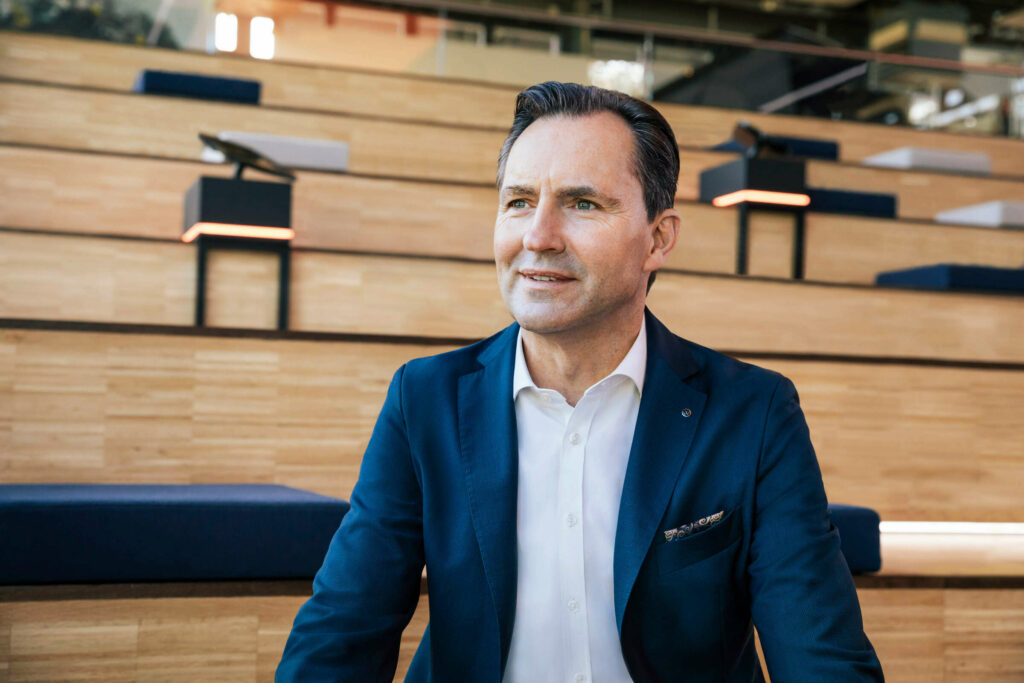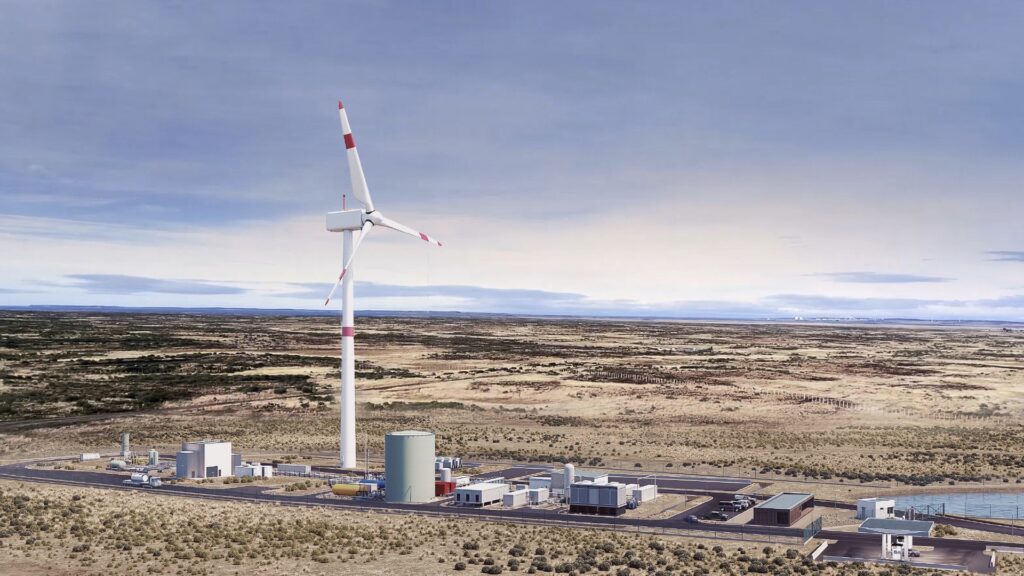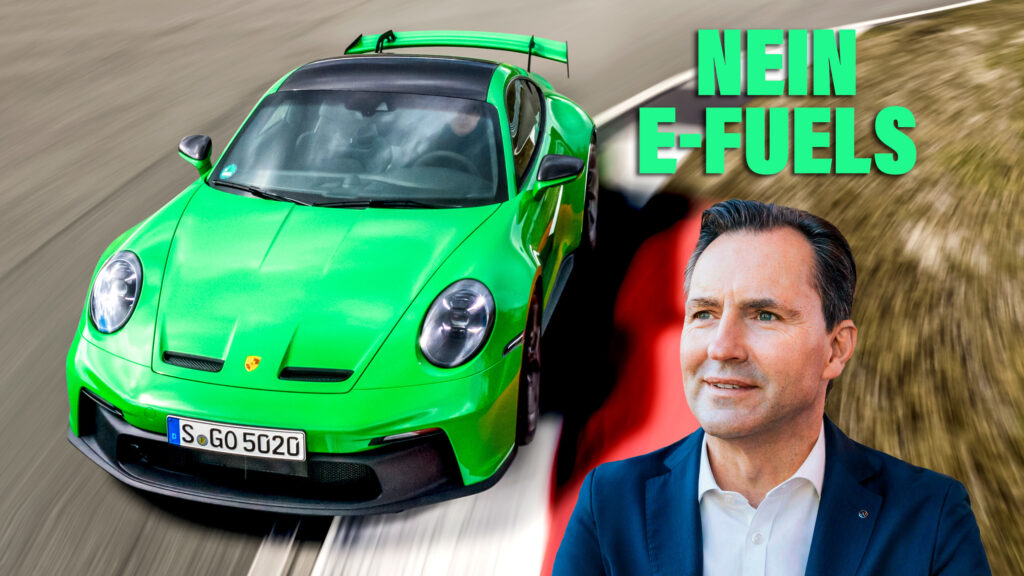While Porsche is leading the charge to keep internal combustion engines alive with synthetic fuels, the VW brand does not share the same view on e-fuels.
Ever since dieselgate back in 2015, VW has been working to repair its reputation and reinvent itself as a company that believes electric vehicles are the future. Some other brands within the VW Group, like Porsche and Lamborghini, intend to keep ICEs well into the next decade with synthetic fuels but according to VW brand boss Thomas Schäfer, this is not the right move.
When asked by Autonews Europe about his thoughts on Germany’s successful bid to modify the European Union’s combustion engine ban, Schäfer described it as “unnecessary noise.”

“That’s unnecessary noise from my point of view. By 2035 [combustion engines] are over anyway,” he said. “We said by 2033 we’re done. By 2030 we plan that 80 percent of our vehicles sold in Europe are battery electric, so why spend a fortune on old technology that doesn’t really give you any benefit?”
Schäfer went on to insist that VW Group chief executive and Porsche chief executive Oliver Blume was not behind Germany’s push to change the EU’s ICE regulations.
Read: Porsche Is Very Serious About Keeping Engines Alive With E-Fuels
“It’s not Mr. Blume behind it. I guarantee that,” he said. “This discussion around e-fuels is widely misunderstood. They have a role to play in existing fleets, but won’t replace EVs. That’s complete nonsense. Look at the physics of making e-fuels. We don’t have enough energy as it is, so why waste it on e-fuels?”
There’s certainly some logic to Schäfer’s view. Porsche is investing hundreds of millions of dollars into the development and production of e-fuels even though it is morphing vehicles like the Macan, 718 Boxster and Cayman, and the Cayenne into EVs over the coming years. In fact, it expects 80% of its new vehicle sales to be made up of EVs by 2030. This means that only the 911 will benefit from the use of e-fuels, as well as some of the carmaker’s existing combustion-powered models.




